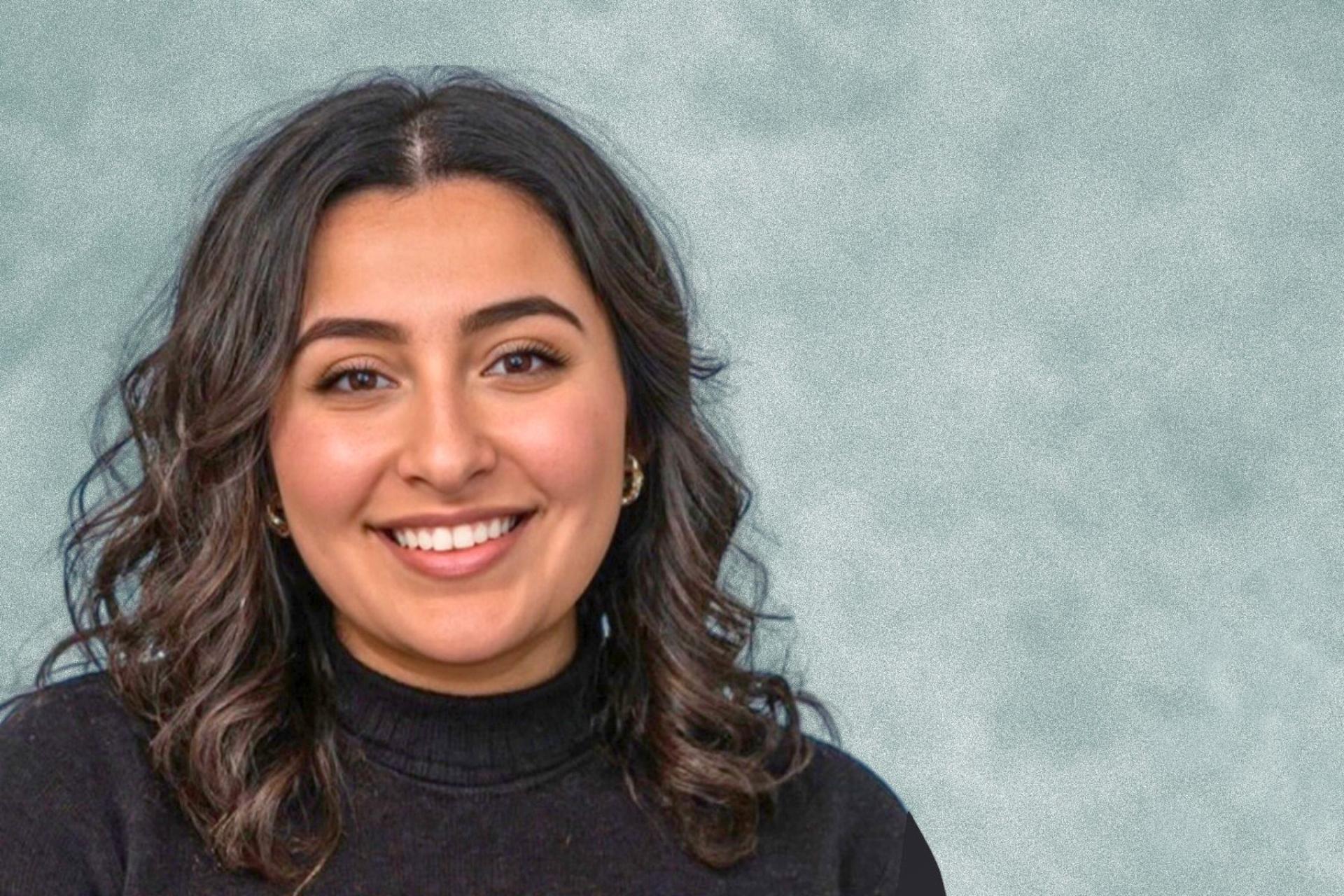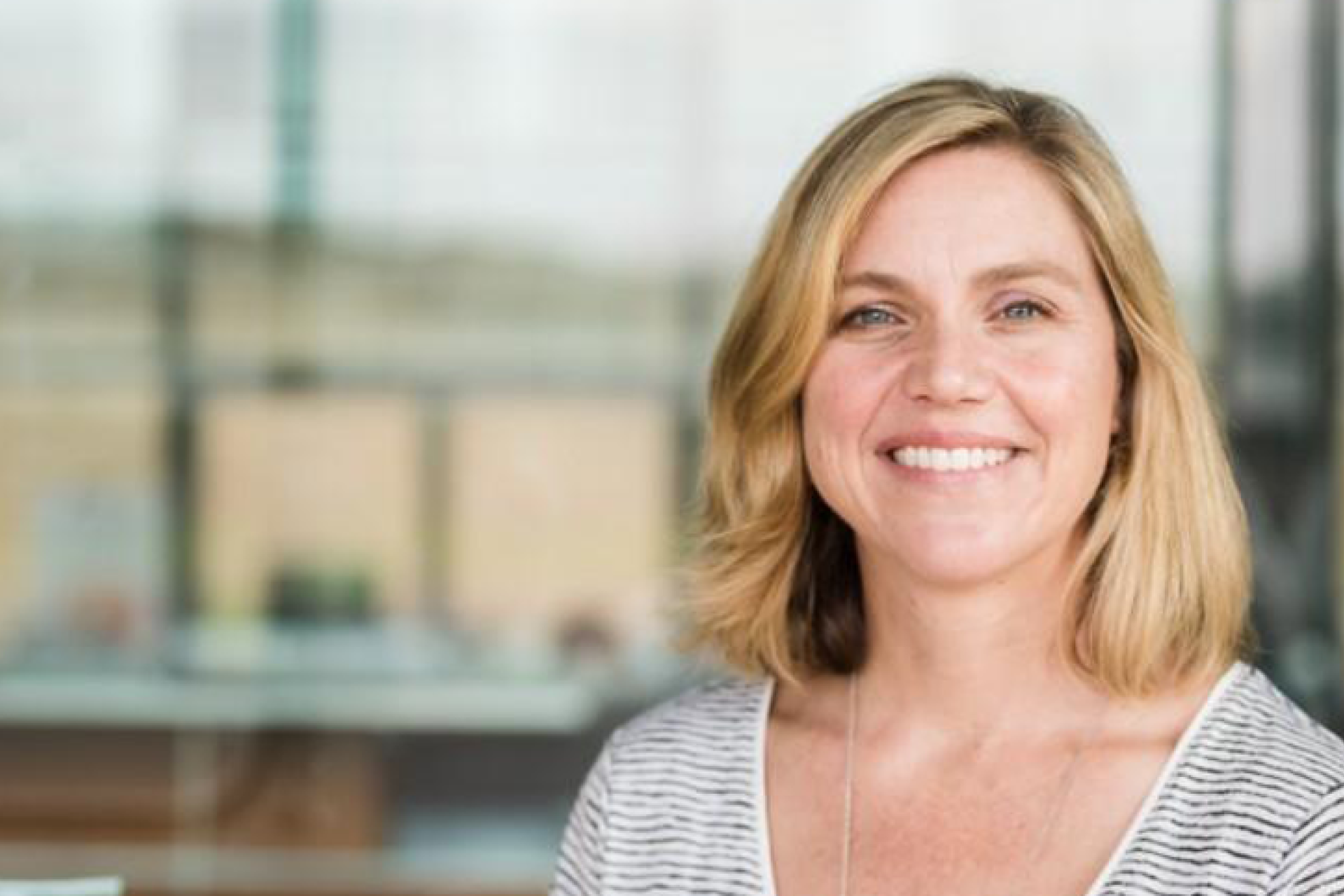
Alvarenga Prepares for a Career in Community Research
Apr. 24, 2025
Josselyn Alvarenga, a second-year doctoral student in the COE’s Counseling Psychology program, is passionate about supporting healthy child development in marginalized families. Her research looks at how culture shapes the ways young children learn to handle and show their emotions.
Focusing on Black and Latinx families, Alvarenga looks at how parents and caregivers respond to their child’s distress, the child’s feelings of closeness and security with their caregivers, and how the child manages stress. She hopes that her research — and the research of others within the Hands and Hearts Together project where she works — will promote wide-scale changes that positively impact family relationships and behaviors in these communities.
Alvarenga works as a graduate assistant in the CARE Lab, directed by Susan Woodhouse, who also serves as the Counseling Psychology program director. The CARE Lab studies attachment — how strong bonds form in family relationships — as well as how children learn to manage their emotions, to promote healthy child development.
The Hands and Hearts Together study, a project within the CARE Lab, is an intervention program that promotes strong child and caregiver attachment, as well as positive behaviors and mental health. Alvarenga uses the data from this program in her own research, supported by a grant from the National Institutes of Health.
According to Alvarenga, parents and caregivers across cultures teach children to express their emotions in varying ways. In some cultures, when a child gets hurt and a parent acknowledges their feelings, this is seen as a supportive response. In other cultures, children are taught to minimize their reactions around routine injuries. While this may seem like a callous response to some, the reaction may actually protect children, especially as they may start to experience discrimination for expressing their emotions as they grow older.
She said Hands and Hearts Together provides the perfect framework to determine if the data will support her hypothesis that culture greatly influences how parents teach their children to process and express emotions.
Alvarenga appreciates the mentorship she has received from Woodhouse and other COE faculty. They have provided learning experiences that are helping her reach her goal of becoming an independent clinical researcher. “I feel like I am meant to be here because the work that I’m doing is impactful for a lot of families,” she said. “I have big goals and ambitions, and I’m able to pursue them through this program. I feel passionate about this work supporting my community as a first-generation Latina.”


